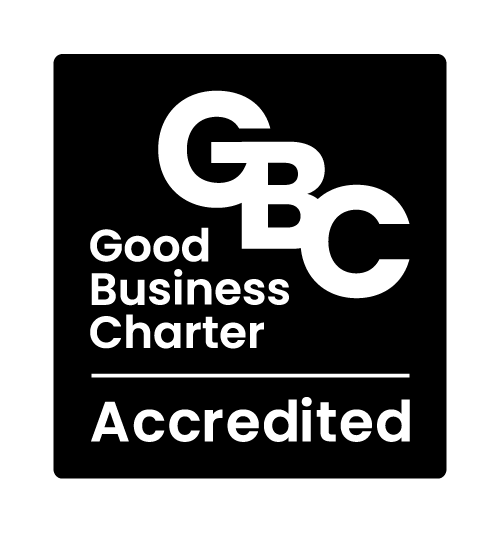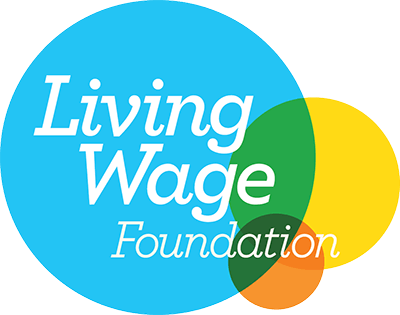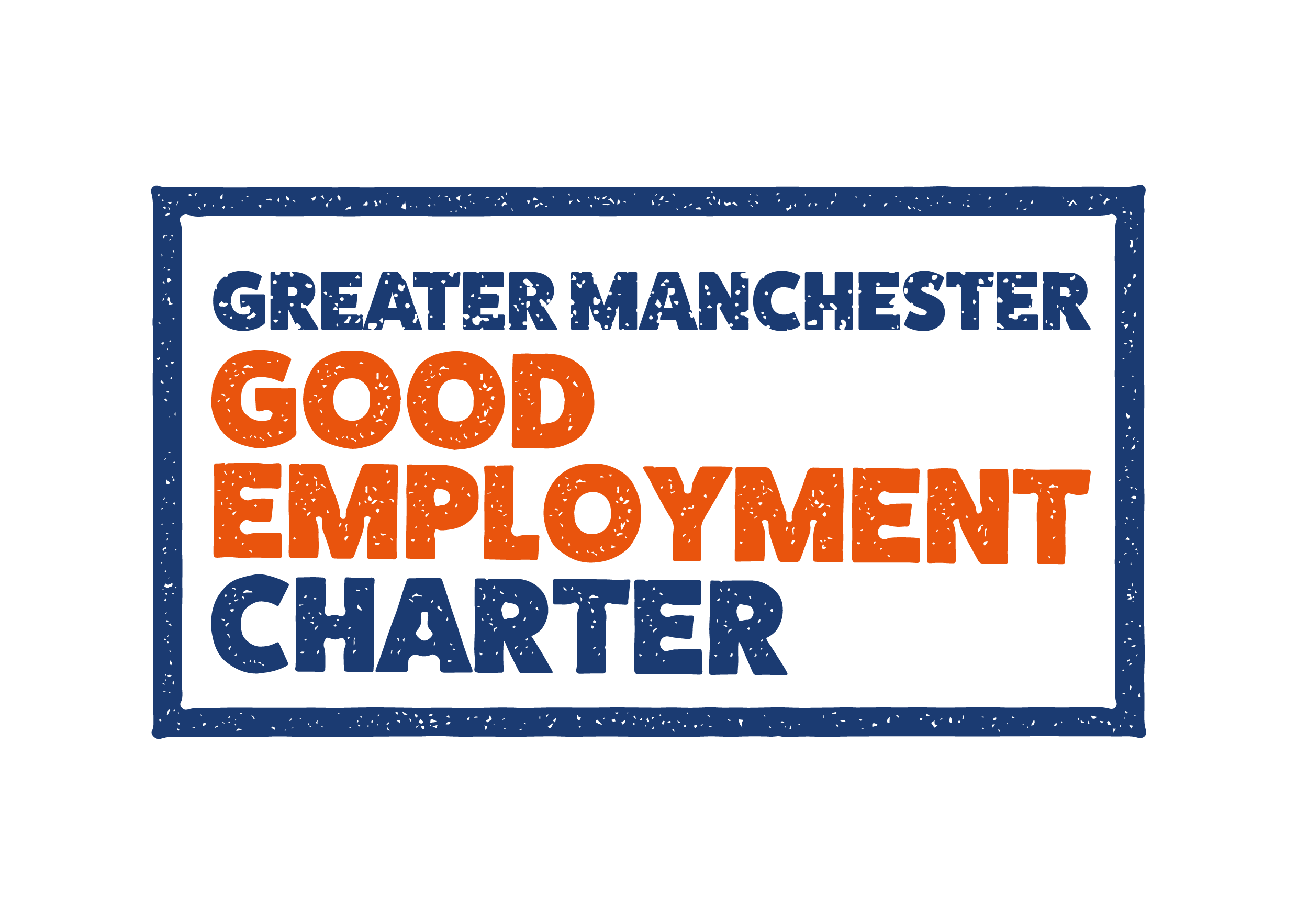Glossary
The financial services sector is rife with acronyms and industry-specific language, along with similar terms being used interchangeably (e.g. responsible, ethical, ESG, SRI).
At Castlefield, we try hard to dispel as much jargon as possible.
With such a range of terminology, we've put together this handy glossary - your guide to some of the most commonly used investment and financial industry terms.








